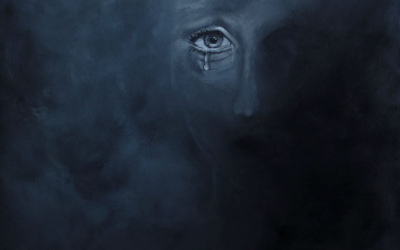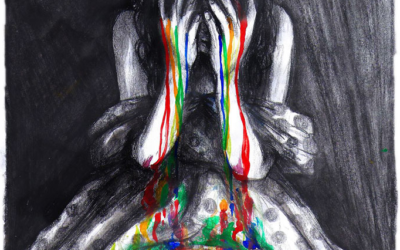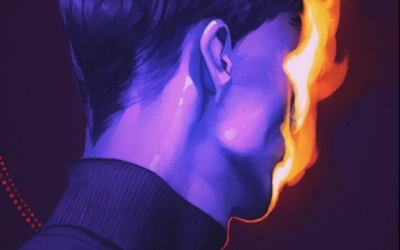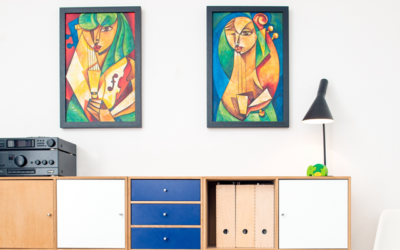Schizophrenia Art
Schizophrenia is more common than most people think, with estimates suggesting that it affects around 1 in every 100 people. If you have recently received a diagnosis, it can be a scary time, particularly with the false ‘Jekyll and Hyde’ stereotype that purveys in society. However, it is still possible to live a healthy and fruitful life alongside your illness.
Recovery
Rehabilitation from mental illness differs from many other health issues as the focus is on managing symptoms, and reaching a point where you are not under a significant burden. Generally, there are two broad aspects of recovery: clinical and personal. Clinical recovery focuses on reaching a point where you are symptom-free or can use medication to control your condition. Personal recovery is a broader term that relates to finding meaning in your life. This type of rehabilitation is very subjective and will vary for everyone.
Managing Your Recovery
While medication will play a role in both aspects of your rehabilitation, several mental techniques are essential to help you fully recover. A therapist can guide you towards the best practices to manage your outlook, with ideas focusing on the future and envisaging where you see your life heading. This goal-oriented thinking is often hugely beneficial to people with mental illness to give them a sense of purpose and progress.
Many have found the practice of Schizophrenia Art is quite helpful in their recovery.
Acceptance
When you start on your journey towards recovery, there will always be a period of adjustment where you come to accept your condition. It is natural to question your diagnosis, and if it makes you feel more comfortable, the option of a second opinion is always available. However, it is damaging to go against the evidence. If several health practitioners have reached the same conclusion, then your chances of recovery hinge on accepting your condition. It will take time to adjust, but once you do, you will find managing your symptoms that little bit easier.
Stability
A stable environment, both at home and financially, usually have a positive impact when treating mental illness. Removing external sources of stress can help you focus on your recovery, and provide you with an element of control over your emotions. Getting started with receiving this type of support can be emotionally challenging, so reach out wherever possible to people who can guide you on the way.
Lifestyle
Your physical wellbeing and your mental health have much common ground. Looking after your body helps regulate the chemical activity in your brain, and can often help reduce symptoms to more manageable levels. Eating a healthy, balanced diet, exercising regularly, and getting enough sleep can all play a significant role in improving your symptoms.
It is natural to feel uneasy about a diagnosis of schizophrenia. However, the reality of the condition does not match the stereotype. You may find it helps to look at the positivity of the situation, in that things will only improve now you have sought treatment. Now, you have access to a support network to help you recover, and your symptoms could well subside over time if you look after yourself.

Dark Blue
image: spageth Dark and very blue. You Might Also Enjoy
Depression in Color
image: artedelle When color transcends the thoughts. You Might Also Enjoy
Depression Art on Fire
image: Ajgiel Sometimes the heat is too much. You Might Also Enjoy
How does schizophrenia affect art?
Are schizophrenics artistic?
What do schizophrenics draw?
What famous artist had schizophrenia?
Can schizophrenics be geniuses?
Are schizophrenics smart?
Is schizophrenia related to creativity?
Why do schizophrenics draw eyes?
Helpful Decorating Guides









